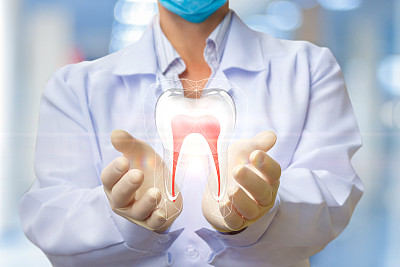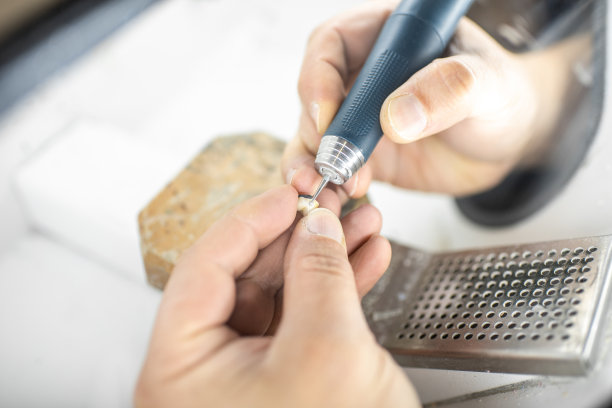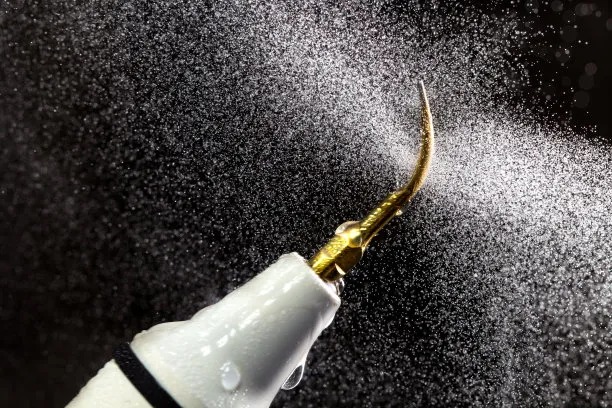Summary: Dental fillings are essential for maintaining optimal oral health, but understanding the precautionary measures surrounding the procedure is crucial for patients. This article explores important precautions to take before undergoing a dental filling, the care one should follow immediately afterwards, dietary considerations, and signs that require dental follow-up. Each section provides valuable insights to help patients prepare effectively and ensure a smooth recovery. By adhering to these recommendations, individuals can safeguard their dental health and enhance the longevity of their fillings.
1. Essential Preparations Before Your Dental Filling

Before any dental procedure, a few preparations can help ensure the best possible outcome. Firstly, it’s crucial to communicate openly with your dentist about your dental and medical history. Informing them about any allergies or existing health conditions will help the dentist tailor the procedure to your specific needs.
Secondly, consider scheduling your filling appointment for a time when you can rest afterward. Dental fillings, depending on the extent of the work, may require some recovery time. Planning your visit during a less hectic part of your day allows you to return home and relax without rushing.
Lastly, prepare yourself mentally for the procedure. Being aware of what to expect can help alleviate anxiety. Discussing potential discomfort or the duration of the filling with your dentist beforehand can make you feel more at ease during the appointment.
2. Immediate Care After the Dental Filling
Post-procedure care is just as important as pre-procedure preparations. After receiving a dental filling, it’s essential to avoid eating or drinking hot beverages for at least two hours. This precaution helps safeguard the filling while it sets and prevents potential irritation to the affected area.
Additionally, take care to continue practicing good oral hygiene. However, be gentle around the filled tooth to prevent any discomfort or damage to the new filling. Using a soft-bristled toothbrush and avoiding aggressive brushing can significantly aid in this regard.
If you experience any sensitivity or discomfort, over-the-counter pain relief can be beneficial. However, always consult with your dentist if the pain persists for more than a few days, as this could indicate an issue with the filling.
3. Dietary Considerations After a Filling
What you eat after a dental filling can significantly impact its longevity and your comfort. For the first 24 hours post-procedure, it is advisable to consume only soft foods. Foods like yogurt, mashed potatoes, and smoothies are great choices that are easy to chew and won’t put pressure on the newly filled tooth.
Avoid sticky or hard foods that can dislodge the filling or cause unnecessary stress. Foods like chewing gum, hard candies, or even crunchy snacks should be avoided for the first few days to allow your filling to settle properly.
Also, be mindful of temperature extremes. Consuming extremely hot or cold foods may increase sensitivity, so it’s best to stay in a moderate temperature range to allow your mouth to recover fully.
4. Recognizing Signs for Dental Follow-up
After your dental filling, its crucial to monitor the healing process. One of the main signs that require immediate dental attention is persistent pain or discomfort. If you find that your filled tooth continues to hurt beyond a few days, it may indicate that something is wrong with the filling.
Another sign to watch for is any changes in the position of the filling. If you notice that you’re experiencing uneven biting or if the filling feels loose, contact your dentist right away. They can assess whether the filling needs to be adjusted or replaced.
Lastly, sensitivity that lasts for more than two weeks should not be ignored. While some initial sensitivity is normal, prolonged discomfort may indicate an issue with the filling or an underlying dental problem that requires attention.
Summary:
In summary, ensuring optimal oral health through proper precautions before and after a dental filling procedure is fundamental. From preparing mentally and physically for the appointment to taking care of your dental hygiene, and recognizing signs of complications, each aspect plays a vital role in overall recovery. By adhering to these steps, patients can maintain their dental health and enjoy the benefits of a well-executed filling.
This article is compiled by Vickong Dental and the content is for reference only.
Vickong Dental
Vickong Dental is a large medical group established in Hong Kong in 2008 by professors from well-known medical universities in Guangdong and Hong Kong, as well as medical doctors from key national '985' universities (including Master's supervisors and senior professors). The chain of branches brings together expert dentists with PhDs and Master's degrees from Hong Kong and Mainland China, committed to providing high-quality dental treatment.
"Vickong Dental Practices the University Motto of 'Healing and Serving Society,' with a Stable Operation for Sixteen Years. It Has Been honored with Hong Kong Enterprise Leaders's Choice,' and is a Global Trusted Implant Center for the Nobel Implant System. Recommended by Hong Kong Metro Broadcast and Guangdong Television, it Serves Customers from Over Thirty Countries and Regions, Gaining the Trust and Favor of Citizens from the Guangdong-Hong Kong-Macau Greater Bay Area and Surrounding Cities.

Thousands of customers' unanimous praise
The most recognized and highly recommended dental service by customers in the Guangdong-Hong Kong-Macau Greater Bay Area
We Ensure You Receive Detailed Care and Attention Here
Hong Kong standards, Shenzhen prices, Your Trusted English-speaking dentists

Vickong Dental Medical-Grade Instrument Disinfection Process
Vickong Dental Medical-Grade Instrument Disinfection Process

Vickong Dental Chain: A Warm and Comfortable Environment for Treatment






Appointment Hours

Q&A
Why choose Vickong Dental?
Vickong Dental practices the university motto 「Medicine to Benefit Society」, with each branch bringing together highly qualified dentists with doctoral and master’s degrees from Hong Kong and the Mainland, and has maintained seventeen years of steady operation。Recipient of 「2024 Hong Kong Enterprise Leaders Brand」, 「2025 Hong Kong Enterprise Leaders Brand」, a Nobel Biocare Global Trusted Implant Center, and a brand recommended by Metro Radio Hong Kong and Guangdong TV。
To date, we have served customers from more than thirty countries and regions,earning exceptionally high word-of-mouth recognition and trusted recommendations from residents across the Guangdong-Hong Kong-Macao Greater Bay Area and surrounding cities
We have eight major branches in Zhuhai、Shenzhen,and a consultation and service assurance center in Hong Kong,so you can book a free consultation at any time for any questions,which is very reassuring.
If I do not accept the quotation after the CT scan, will I be charged??
No! As long as the actual treatment has not started, you will not be charged any fees.
Will there be any additional charges during the treatment process?
No, there won’t be any additional charges. Before treatment begins, we will clearly explain the treatment plan and its corresponding fees. Only after the patient agrees and signs the consent form will we proceed with the dental service.
Can I pay in Hong Kong dollars?
Yes. Vickong Dental accepts payment in Hong Kong dollars. The amount will be converted based on the exchange rate of the day, and the applicable rate will be clearly communicated to you in advance.
Can I reschedule my appointment at any time?
Yes. Please contact us via **WeChat** or **WhatsApp** as early as possible, providing your original appointment time and details, along with your preferred new date and time slot for rescheduling.













